By Rev. Marie Duquette
I am writing this on the one-year anniversary of the first case of Covid-19 being diagnosed in Michigan. It is also the one-year anniversary of my mother’s memorial service. It was held here in Ann Arbor, at the church where I serve as a pastor. Her service was live cast on Facebook, a first for our little congregation. Family and friends tuned in from Hawaii, California, South Dakota, Arizona, Texas, Ohio, Maryland, and Florida. It was the first time in my 18 years as a pastor that I fully understood the value of live casting worship, an experience I and many of my colleagues have often considered too personal and intimate…too sacred maybe…for livestreaming on social media. It seemed so…televangelistic.
Just before Covid-19 hit, I read the book, The Weight of Ink (Rachel Kadish), a historical fiction set in the plague in London in the 1600s. I was fascinated reading how people had survived. It makes me wonder how writers will describe this era in historical novels yet to be written. So, I decided to reflect on the little things we might remember about this time beyond the bone-chilling fear, and mind-numbing grief.
For me, last year was the first time both of my brothers had been in any of the four churches I’ve served while I was leading worship; it was the first time the three of us had been together in 19 years, the last time being at my father’s funeral in California. It was the first time I wore a hat in church. It was the first time my congregation met my extended family and the first time my older brother, Gerry, a magnificent guitarist, played in public as everyone gathered. It was the first time I heard Led Zeppelin (The Rain Song and Tangerine), and House of the Rising Sun, as a prelude for a Memorial Service in a church.
Read related article: Cashiering As A Spiritual Practice: Working the Front Lines at a Grocery Store During Covid
The very next day was a Sunday of unanticipated and completely unplanned lasts. That next day would be the last service we had inside the walls of the church before Covid-19 sent us all home for more than a year. It was the last time I saw people I loved without fabric masking our expressions. The last time I lead worship with real confidence. The last time we hugged one another, we for whom expressions of support such as touch were a regular part of our communion. It was the last time we would sing together, When the Saints Go Marching In with tambourines and clapping, which feels prophetic today. It was the last time we shared a meal; the last time we ate inside at a restaurant.
These firsts and lasts have acted as mile markers as we moved through an avalanche of new. New fear, new masks, new rising numbers of those afflicted and those who have died. Bottles of hand sanitizer, like individual rocks in an avalanche, on every counter, at every entrance, in every purse and car. The roar of the disaster was heard as more and more schools were closed, graduations were cancelled, weddings were postponed, and news anchor’s voices became increasingly grave and worried.
For every person who died, an average of nine people began to grieve—profoundly. We felt the weight of that grief like deep, wet, snow weighing us down.
At first, we moved in shock, much the same way one moves through the first days after burying a loved one. But by the time spring was in full bloom, many of us were highly invested in developing new ways to navigate through the dynamite blasts that marked the months of 2020. We perfected Zoom gatherings, online shopping, and curbside pick-ups. Fine restaurants pivoted to offer both groceries and carry-out family meals brought to your car. We congratulated ourselves for having resilience at the first birthday car parade and first video tributes to healthcare workers that made us both cry and hit replay. We tipped everyone, everywhere, as well as we possibly could. We wept when local shops closed.
For many, it was a year of discovering a depth of gratitude that, before the pandemic, we never realized was missing. We began to thank random truckers we met while pumping gas, every grocery store worker, every bus driver, and every doctor even when we only met them on a screen. We put signs of encouragement on our lawns, wore buttons of support, and masks emblazoned with: We Love Healthcare Workers.
As our anxiety increased, we developed a collective need to do something, anything, to make us feel like we had some control. We cleaned every closet. We created individual work areas for every family member who worked at home. We developed pods that included a few people who did not live with us, confessing, in hushed voices, that we heard it was okay. We sent care packages to neighbors. We bought ice cream as often as we bought bread.
We got our paperwork in order.
I was in an actual avalanche once. While skiing at Sundance in Utah, four of us made a game of trying to get the last lift to the top of the mountain. When we got off the last lift, we looked back and realized we were not last, as we had thought. A lift of ski patrol workers had jumped on behind us. They skied up to us quietly and said, “We are at risk of avalanche. We need you to follow us down. Try to stay in our tracks. Don’t stop if you can help it. Don’t yell if you fall. We’ll get there together.”
I have never skied so well or so quietly in my life.
For the next several days, we were confined to the A-frame log chalet in the mountains where we listened to explosives that were judiciously placed and ignited so as to control the direction of the avalanches. We drank daquiris and dared one another to jump from the hot tub into the snow outside. It was a fine distraction from the fear that lay above us.
Today, I listened to my mother’s memorial service for the first time; available now because we live-streamed it then. In the welcoming remarks, I heard some words I had written, “We often grieve alone, but healing frequently happens in community. We all carry losses of many kinds. Today we grieve with Carole’s family and together we grieve our own cumulative losses. We are in this together. Standing with one another in this time of loss, may we all be healed.” I had no idea when I wrote that, that it would be prescriptive for how we would make it through the avalanche of lasts.
And now, it is gradually becoming time for us to all come out of the cabin. To join those who have been strategically setting the dynamite. To see the folks at our favorite coffee shop. To wipe off white boards in classrooms and greet students as they arrive. To find one another again.
If the pattern remains, the thing that follows so many firsts and lasts, seems to be the “new.” My hope is that our new ways will be ones that incorporate all we have learned about ourselves, our relationships, and our ability to remain resilient and think creatively. Because people who have survived an avalanche together have a bond that can hold for a lifetime. And oh, how we might make life better, not despite—but precisely because of—all we went through and continue to go through together. And honestly, I don’t think I’ve ever seen people rise and be transformed as much as I have this past year. It reminds me of the verse a bishop from Montana who had seen his share of inexplicable suffering used to say with great reverence: “It’s a fearful thing to fall into the hands of the living God.”
Rev. Marie Duquette is the pastor at King of Kings Lutheran Church. Learn more about her and the church’s programs on their website kingofkingslutheran.org

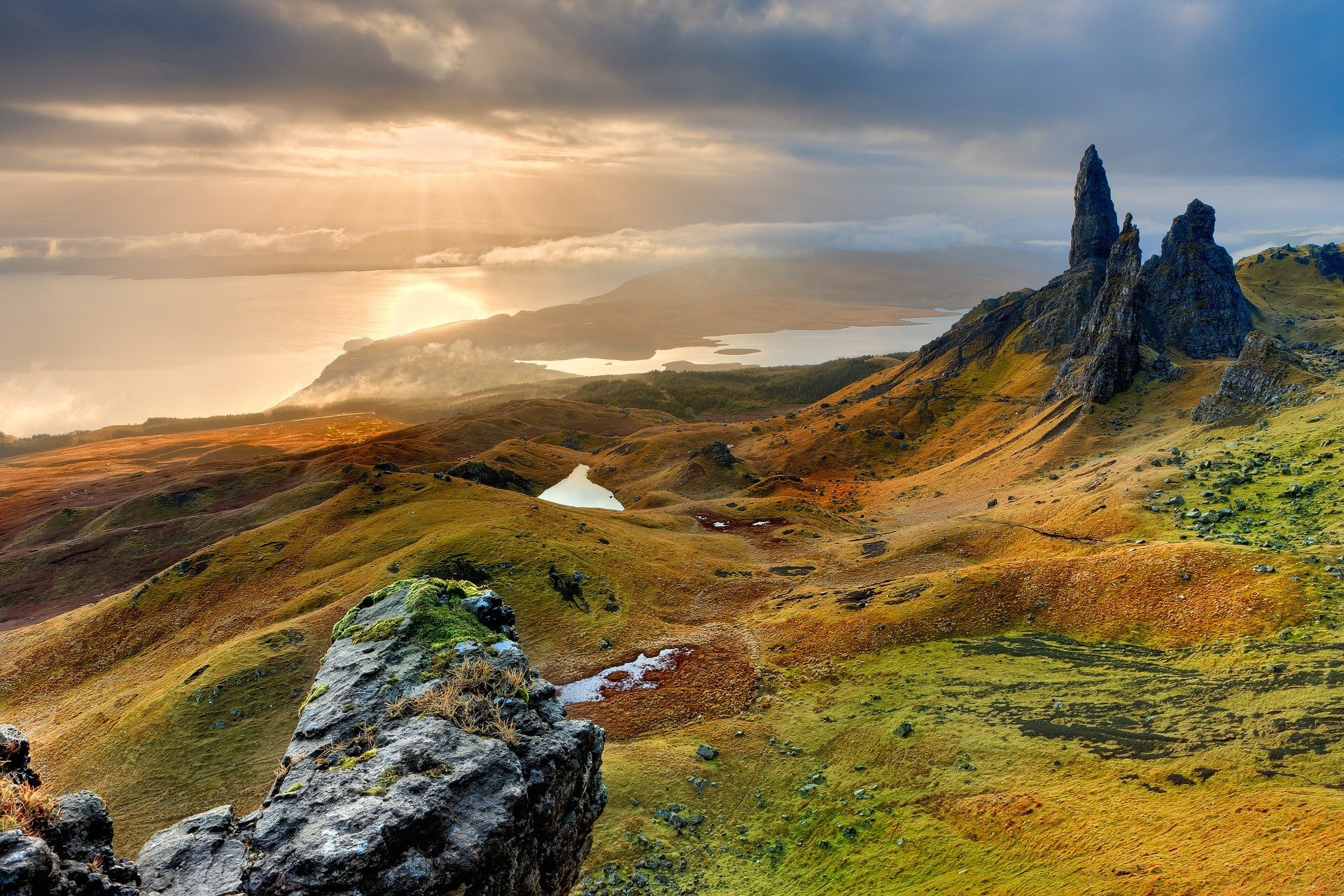






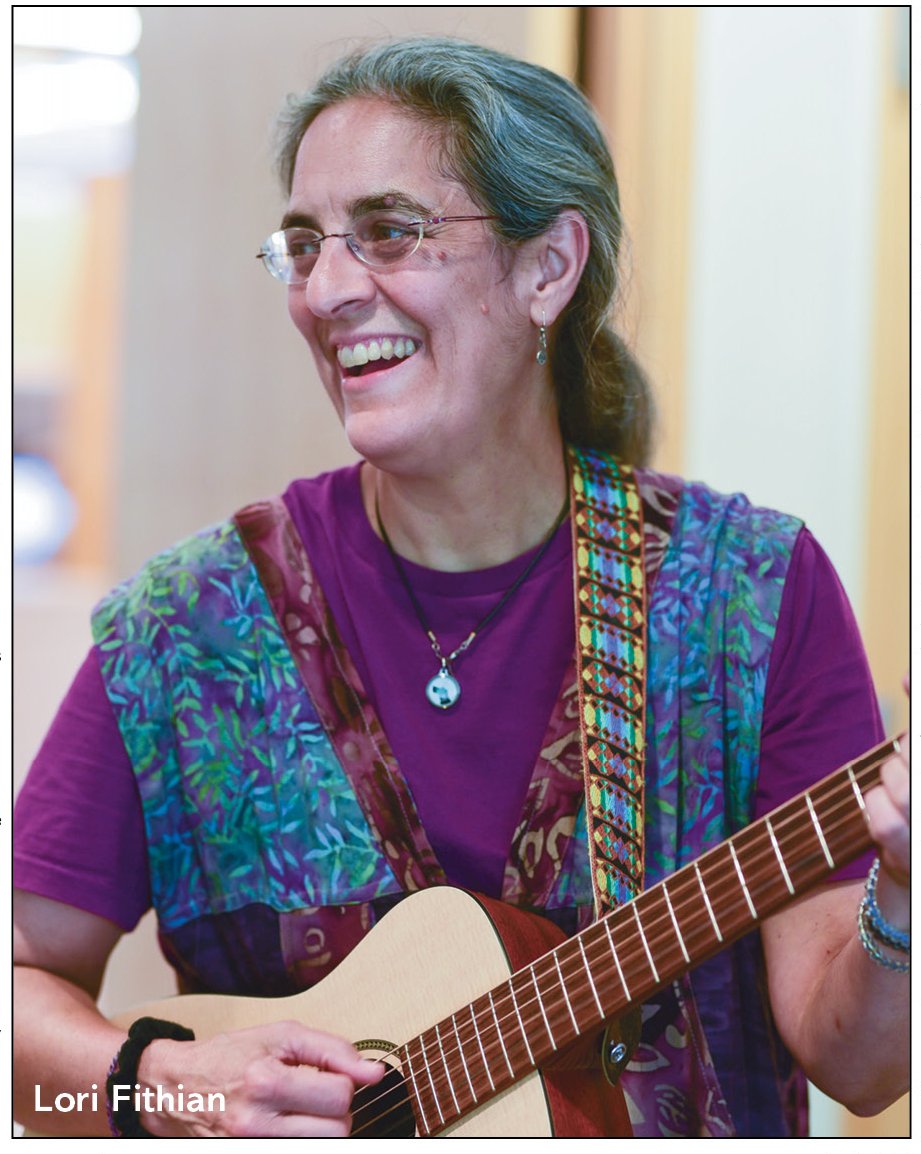



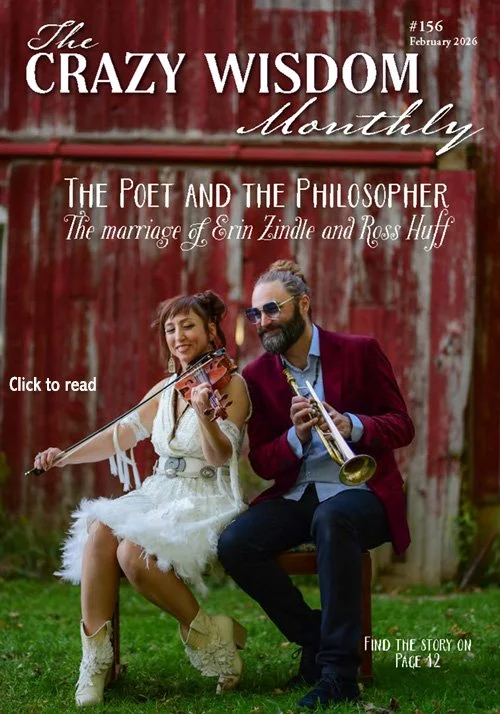



















































































































































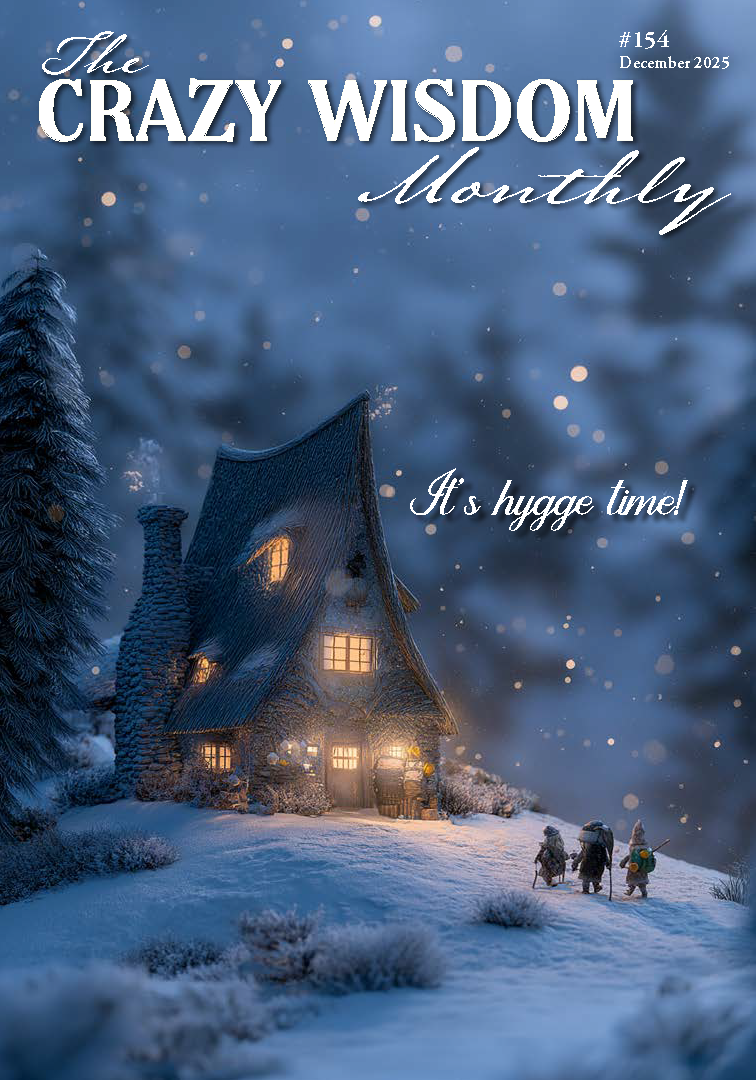
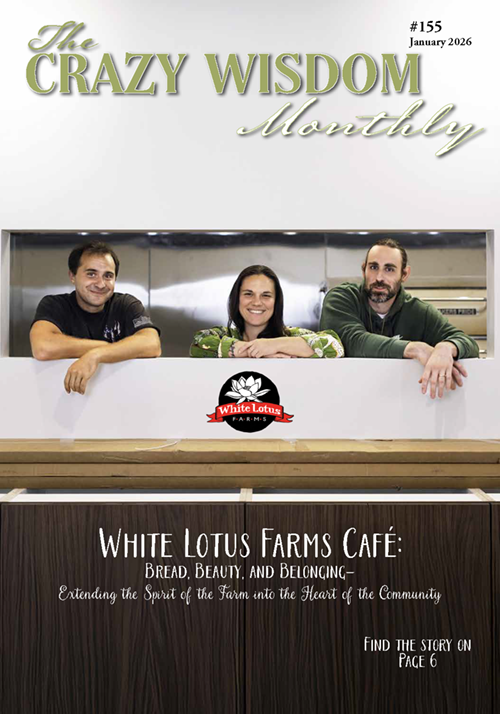









































What’s New in the Community: New books from local authors, new businesses, new offerings and practitioners and upcoming events for fall 2025.